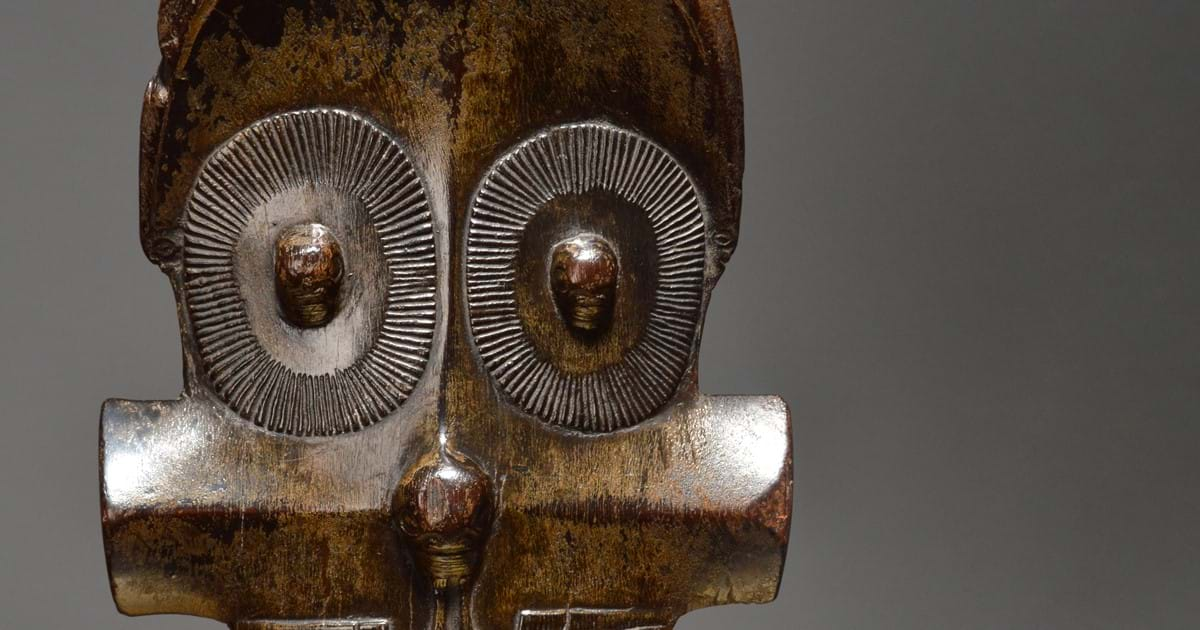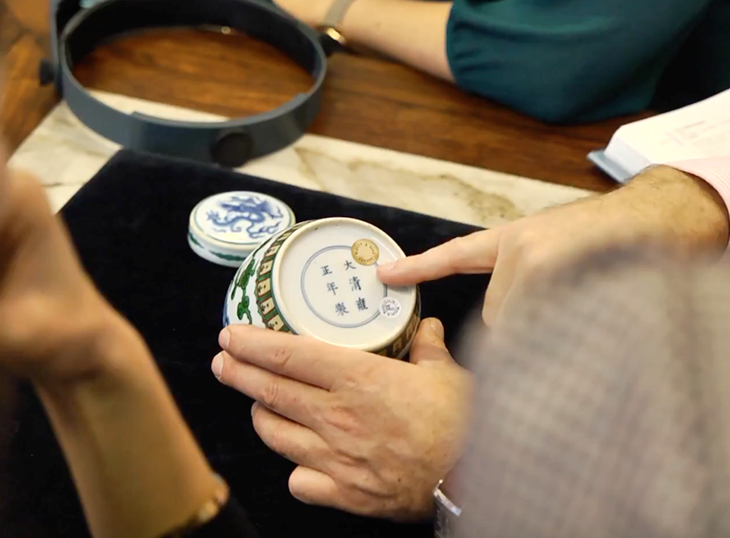Club of Failed Missionary Fetches £88,750
19th September 2019A rare tribal war club from the Marquesas Islands has sold at auction for £88,750 (including premium), after being put up for sale by the descendants of a failed Christian missionary.
Elijah Armitage (1781-1863) was a member of the London Missionary Society who travelled to the South Seas in 1821 to teach the spinning and weaving of cotton to the islanders of Tahiti. His efforts were in vain as the islanders has no interest in learning from him, and ransacked a factory he built in 1824, stealing several valuable pieces of equipment in the process which further hampered his work.
A letter from Armitage to the Society in 1832 revealed his frustrations when he told them that the islanders “will not be disposed to labour much for [the cloth]… they do not think of making more until they are again in want so that I have always had more new spinners than old ones”.
He was recalled to England by the Society in 1835, but while his 14 year mission might have failed, Armitage did succeed in building up an extensive collection of artefacts from the tribes with whom he had daily dealings and his diary records various transactions where objects were acquired in exchange for Western goods. The collection of tribal art returned to the UK with him and much has been handed down through various branches of his family in the intervening years.
The club, known as a U’u club (u’u meaning “head”), would have been used in battle as well as a ceremonial staff. The flattened end allowed for it to be carried tucked under one arm. Clubs such as this were an indicator of warrior status and have a history stretching back for several thousand years across Polynesia. Objects such as this were an inspiration for the artist Paul Gaugin, who spent his final years on the Marquesas, and remarked of its wood carving culture, “The basis of this art is the human body or face… always the same thing and yet never the same thing”.
Bidders at Woolley and Wallis in Salisbury competed for the club via a bank of telephones; those in the room having dropped out by the time the price reached £30,000. Carrying an estimate of £10,000 – 20,000, competitive bidding meant this was quickly surpassed and the club eventually sold on the telephone to an Australian buyer for a hammer price of £71,000.
Head of Tribal Art, Will Hobbs, said, “Prices for clubs of this type can range quite widely, often depending on the quality of the carving and the age of the object. The provenance of this lot and the fact that it has been with the same family for almost 200 years will also have appealed to collectors. We’re finding in general that the market for Polynesian art is on the rise at the moment and bidders are competing from across Europe, America and Australia, making it a great time to sell items that ancestors may have brought back from that area during the 19th century.”



